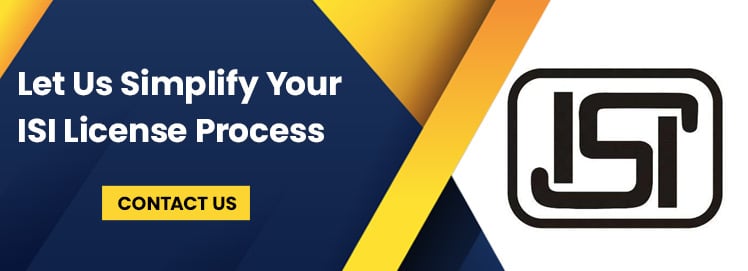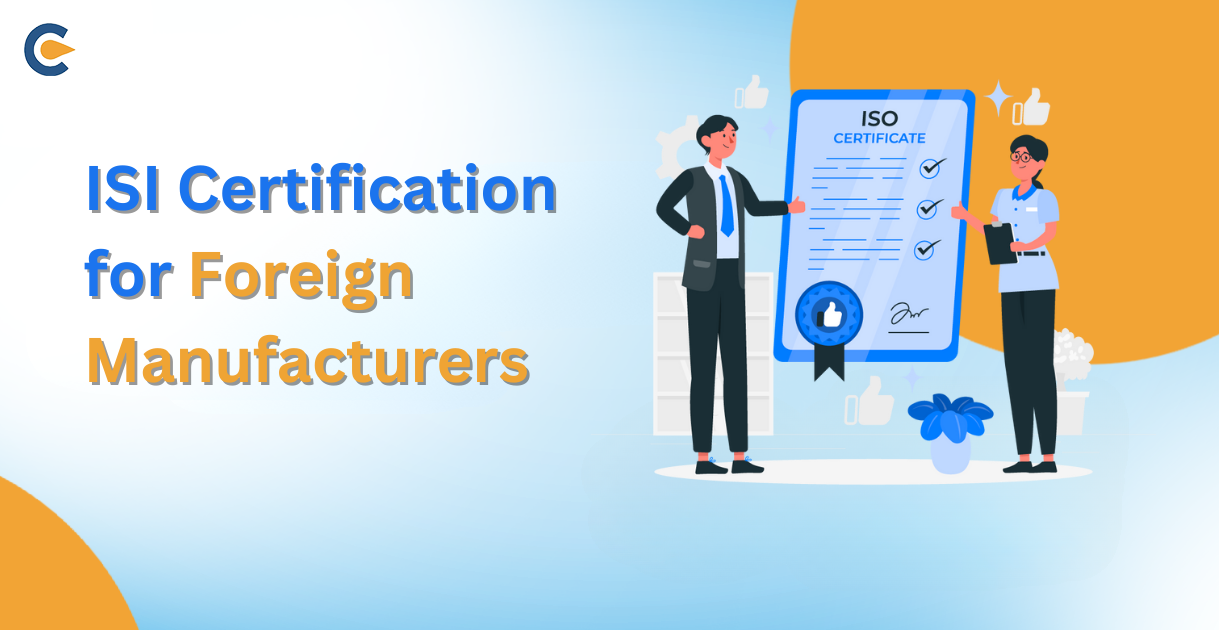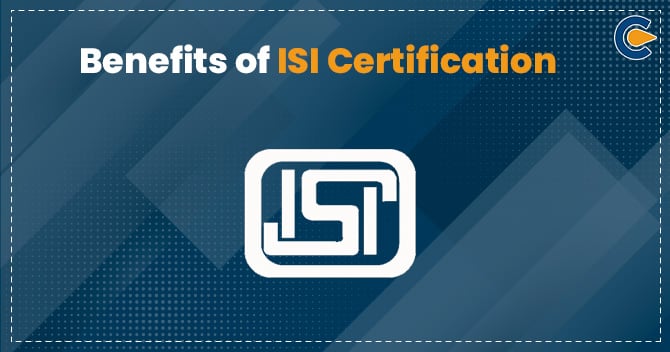As per the ISI Certification Scheme (1) of the Bureau of Indian Standards (BIS), certain products have been notified as falling under mandatory certification. Gamma Picoline is a chemical that falls under the list of goods that require mandatory certification. Hence, selling, exporting or importing Gamma Picoline products in the Indian market is not allowed without an ISI Mark. Scroll down to check BIS ISI Certification for Gamma Picoline.
What is Gamma Picoline?
Also known as 4-Methylpyridine[1] or 4-Picoline, Gamma Picoline is an organic compound that presents as an aromatic, colourless liquid. Gamma Picoline can both be isolated from coal tar and be synthesised industrially. It is soluble in water, ether and alcohol. Gamma Picoline is used to manufacture pharmaceutical and agricultural products such as allergy medication or pesticides.
What is an ISI Mark?
ISI stands for the Indian Standards Institution. Established in 1995, ISI Mark refers to a standard compliance mark for industrial products. This standard is developed and regulated by the Bureau of Indian Standards (BIS), the Indian national standards body. The ISI Mark is the most reputable certification for products in India.
Why get a BIS ISI Certification?
The BIS ISI Mark is meant to guarantee a product’s safety, reliability and quality. Hence, ISI Certification gives products an edge above the rest in competitive markets. Further, as is the case for Gamma Picoline, BIS ISI Certification for Gamma Picoline is mandatory for specific products. Failing to obtain ISI Certification for the Product can bring penalties and both foreign as well as domestic manufacturers and sellers will be unable to sell, manufacture or import their products in India without the relevant BIS ISI Certification.
Documents Required for BIS ISI Certification for Gamma Picoline
Following is a list of documents that will be verified during the factory visit-
- A self-evaluation cum the verification report in the proforma, as specified in Annexure-II
- Details of Quality Control Personnel
- Calibration Certificates of Testing Equipment are to be verified during the visit
- Copies of Test Certificates of Raw Materials, as applicable
- Drawing of a sample(s) of the Product/item and/or Components, as applicable
- Report of Hygienic Condition, if applicable
- Plant layout indicates the manufacturing area’s location, storage area for raw materials and finished product or item, testing laboratory, etc.
- Location Plan of the factory
- For all the tests which are permitted to be subcontracted & not available with the manufacturer, a copy of the agreement/consent letter from the outside lab for which arrangement for subcontracting is made
- The inspection and Test Plan proposed to be followed is different from the Bureau’s Scheme of Inspection and Testing.
- Undertaking for long-duration tests as per the template attached as Annexure-III, wherever applicable (refer to clause 4 (k) and 5 (g))
- In the case of option 2(refer Sl. No. 4), undertaking, in accordance with the template attached as Annexure-IV (refer to clause 4 (l))
Procedure for BIS ISI Certification for Gamma Picoline
All Gamma Picoline products must have the ISI Mark under the BIS regulations. Hence, manufacturers, sellers and importers of Gamma Picoline products must receive ISI Mark to continue the sale, manufacture or import of such products in the country. Foreign manufacturers of Gamma Picoline products must also comply with the specified Indian Standards to import their products for sale in India.
The following factors are assessed to grant BIS ISI Certification for Gamma Picoline through a factory-visit to the manufacturing premises-
- Manufacturing infrastructure
- Production process
- Quality control
- Testing capabilities
A central laboratory, four regional laboratories and three branch laboratories have been set up throughout the country by the BIS for the purpose of testing product samples. Third-party testing may also be undertaken to establish that the Product is conforming to all relevant standards in order to grant ISI Certification for Gamma Picoline. As of August 2022, the enforcement of the Quality Control Order has now been extended till 13 March, 2023 by the Government of India.
Applicants must apply for BIS ISI Certification for Gamma Picoline through their web portal online. Applicants must submit their applications along with all relevant documents mentioned in the application form under the BIS (Conformity Assessment) Regulations 2018 – Scheme I. Following the application, the relevant BIS Officers or investigators will conduct factory visits to ensure the manufacturing process complies with the relevant standards. Third-party testing may be conducted to ensure the safety, reliability and quality of the Product as well.
If the Product in question is found to be conforming to the Indian Standards, a BIS ISI Certification will then be granted to the applicant.
Rejection of Application for the BIS ISI Certification for Gamma Picoline
The BIS may reject an application for the BIS ISI Certification for Gamma Picoline if it is found to not conform to the specified Indian Standards. Some factors that could lead to the rejection of the application are as follows-
- Samples not provided for testing within 30 days of recording of the application.
- The sample drawn fails in independent testing.
- Lack of testing facilities with the applicant.
- Lack of technical personnel with the applicant.
- If corrective actions are not taken within the stipulated time period in discrepancy-cum-advisory report
- The firm hasn’t been clearing the financial dues to the Bureau.
- The firm has tampered with all the vital documents in connection with the issuance of the Licence.
- The firm has involved in unethical practices in the context of the grant or operation of the licence.
- The significant deviation is observed from the declared manufacturing facility at the time of the factory visit.
- Failure of the firm to provide all assistance to the certification officer in connection with carrying out factory visits.
- If non-conformity in factory testing is found repeated during the 2nd factory visit.
Conclusion
The ISI Mark, developed and regulated by the Bureau of Indian Standards, is the most reputable certification for products in India. The certification exists to certify the safety, quality and reliability of products and ensure that the production of notified goods complies with Indian Standards. All manufacturers (foreign or domestic) must obtain BIS ISI Certification for Gamma Picoline to manufacture, sell and import their products.
Read Our Article:What are the Documents Required for ISI Certification?













